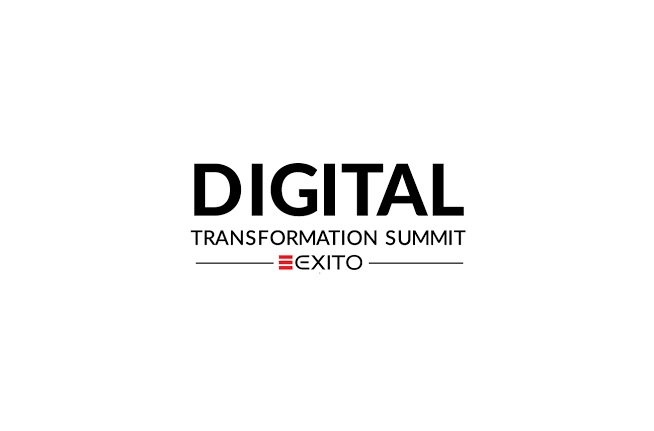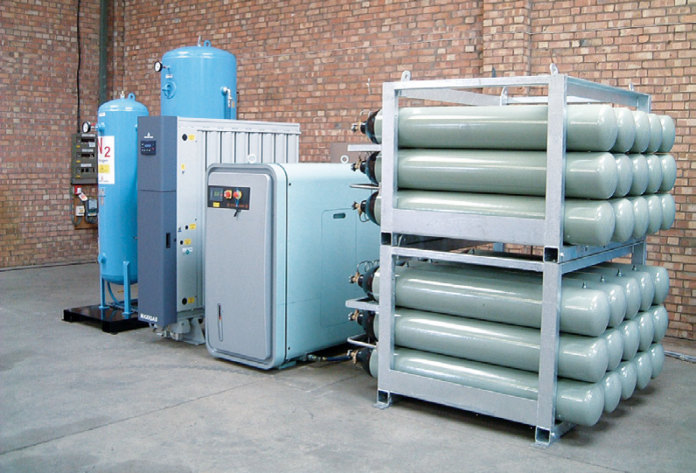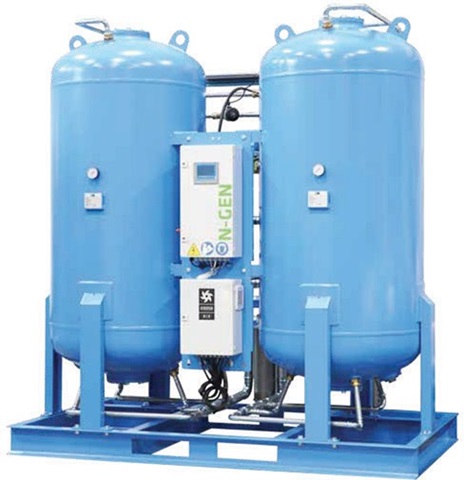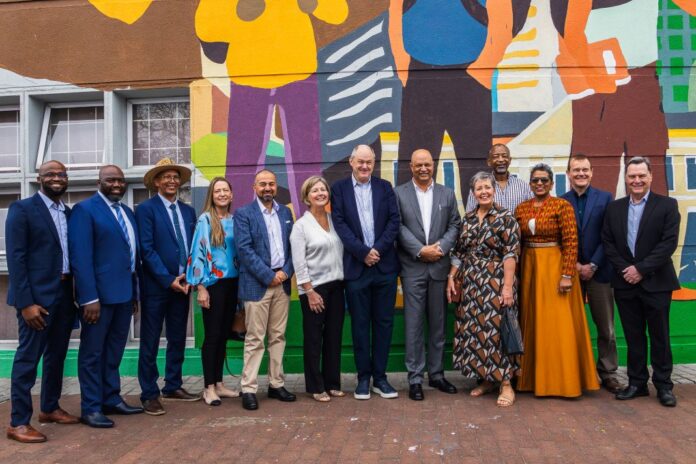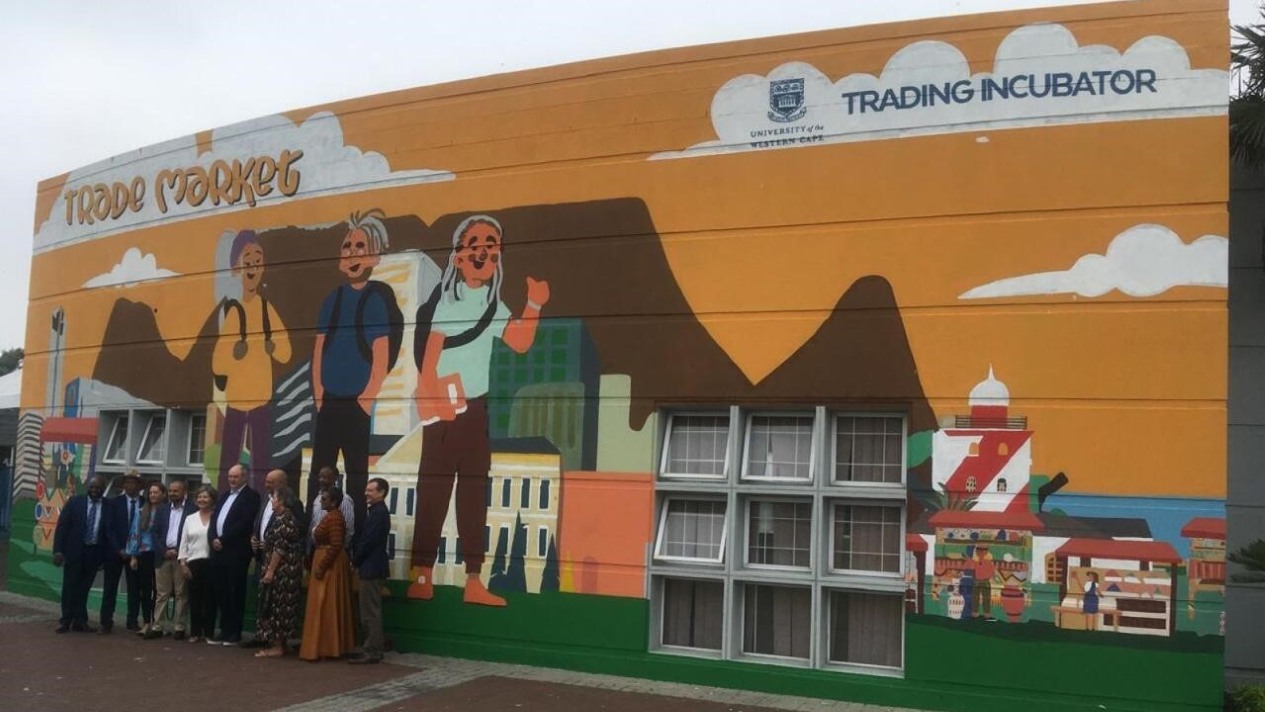The year 2025 marks a significant milestone in the remarkable history of Medihelp Medical Scheme as the medical aid provider proudly celebrates 120 years of service in the industry. As South Africa’s oldest medical scheme, Medihelp has achieved unparalleled longevity, demonstrating resilience and a commitment to helping generations of South Africans access quality healthcare.
Founded in 1905, Medihelp’s rich legacy is built on a foundation of adapting to the ever-changing healthcare landscape while remaining steadfast in its core purpose: to support members in taking care of their health and mental well-being. This enduring mission has positioned Medihelp as a leader in providing comprehensive medical cover that evolves with the needs and values of its members.
 “Reaching 120 years is an extraordinary achievement that reflects the trust and loyalty of our members and the dedication of our teams,” says Varsha Vala, Principal Officer of Medihelp. “Our longevity is a testament to our ability to adapt to the times while remaining true to our core values. We are proud to have been playing a pivotal role in the lives of South Africans for more than a century.”
“Reaching 120 years is an extraordinary achievement that reflects the trust and loyalty of our members and the dedication of our teams,” says Varsha Vala, Principal Officer of Medihelp. “Our longevity is a testament to our ability to adapt to the times while remaining true to our core values. We are proud to have been playing a pivotal role in the lives of South Africans for more than a century.”
Throughout its history, Medihelp has continuously evolved its offerings to meet the demands of a dynamic healthcare environment. From its early days of providing basic medical cover to today’s comprehensive, tailored solutions, Medihelp has consistently placed the well-being of its members at the forefront of its operations.
Holistic healthcare
In recent years, Medihelp has focused on promoting mental well-being alongside physical health, recognising the importance of holistic healthcare. This approach has resonated with modern South Africans who prioritise their overall wellness and strive to live life to the fullest.
“Our members are at the heart of everything we do,” Vala continues. “We remain committed to being their trusted healthcare partner, providing peace of mind and confidence that their healthcare cover is in capable hands.”
As part of the 120-year celebrations, Medihelp will launch various initiatives promoting healthy living and mental well-being. These include wellness programmes, community outreach and educational campaigns aimed at empowering South Africans to be the custodian of their health and well-being.
Our members are at the heart of everything we do. We remain committed to being their trusted healthcare partner, providing peace of mind and confidence that their healthcare cover is in capable hands. — Varsha Vala, Principal Officer of Medihelp
Medihelp’s ongoing success is rooted in its ability to stay relevant and innovative while maintaining its core purpose. Its focus on value-driven, member-centric solutions has allowed the Scheme to successfully navigate various challenges over the years, including regulatory changes and the shifting healthcare demands of the population.
Looking to the future, Medihelp remains steadfast in its commitment to funding access to quality healthcare that aligns with its members’ changing needs. Medihelp Medical Scheme’s 120-year milestone is not only a celebration of its past achievements but also a reaffirmation of its dedication to supporting South Africans on their health journeys for generations to come.
About Medihelp Medical Scheme
Medihelp Medical Scheme is one of the five largest open medical schemes in South Africa and also its oldest, established in 1905. With a 120-year legacy, Medihelp continues to provide comprehensive medical aid solutions that prioritise the physical and mental well-being of its members. By offering accessible and sustainable medical aid plans, the Scheme is committed to empowering South Africans to live healthier, more fulfilling lives.

Principles of success
Building a business that lasts 120 years requires a combination of adaptability, resilience and a deep understanding of market dynamics. Here are Varsha’s key principles to achieve such long-term success:
- Build a strong foundation.
- Establish a clear mission and strong core values that can guide decision-making across generations. Plan with a multi-generational mindset rather than short-term gains and maintain integrity and strong governance to build trust.
- Adapt to change.
- Foster a culture of learning to keep evolving with market trends and consistently adapt to changing customer needs and expectations.
- Build a resilient brand.
- Ensure your products and services maintain high standards over time. Develop strong relationships with customers that pass through generations.
- Nurture human capital.
- Treat employees as long-term partners, not just workers. Prepare and mentor future leaders early and foster a culture that retains talent and promotes growth.
- Balance tradition and innovation.
- Respect legacy. Preserve what makes the company unique while modernising where necessary.
- Leverage technology and digital transformation.
- Implement modern technology without losing sight of core business principles and use analytics and AI to optimise operations and customer engagement.



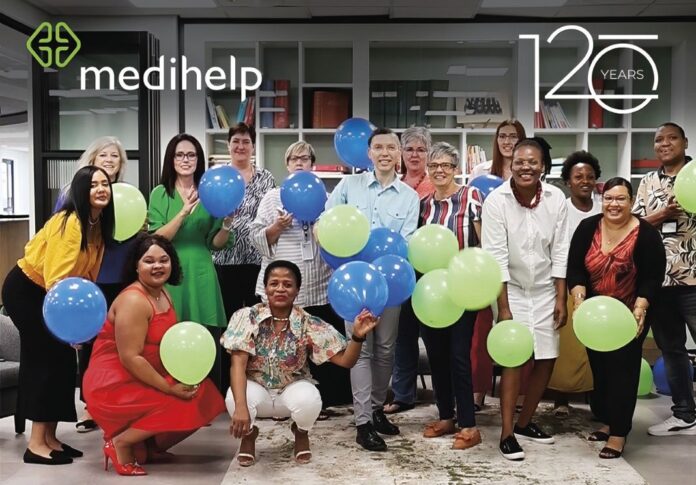
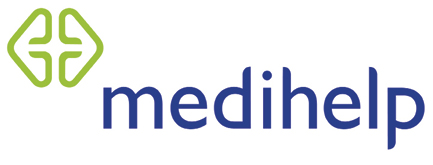
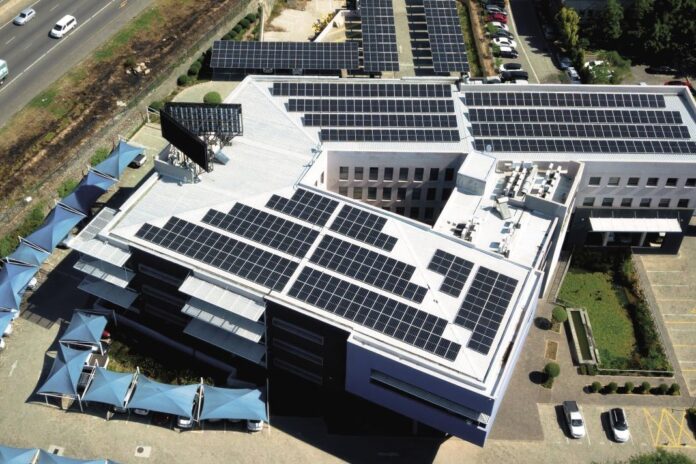


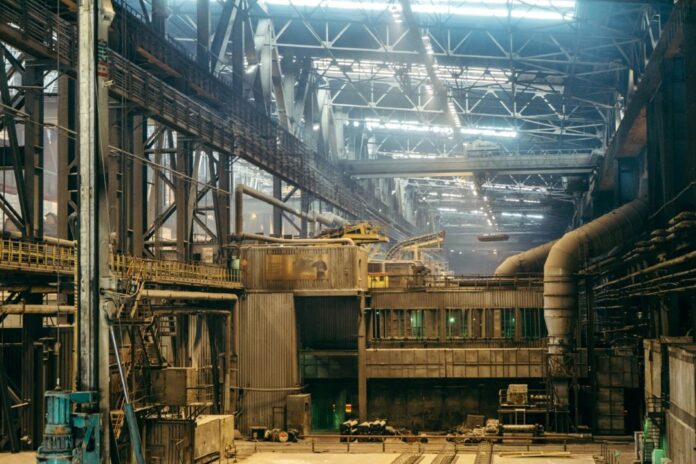
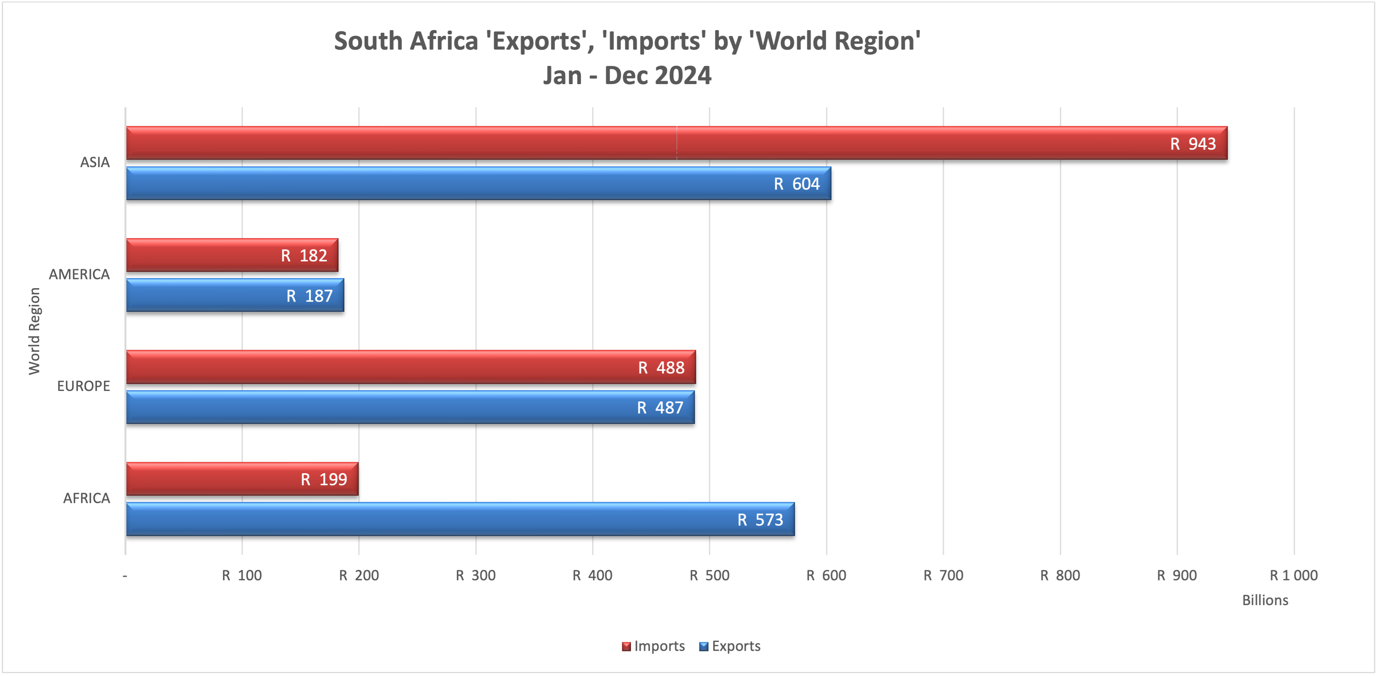

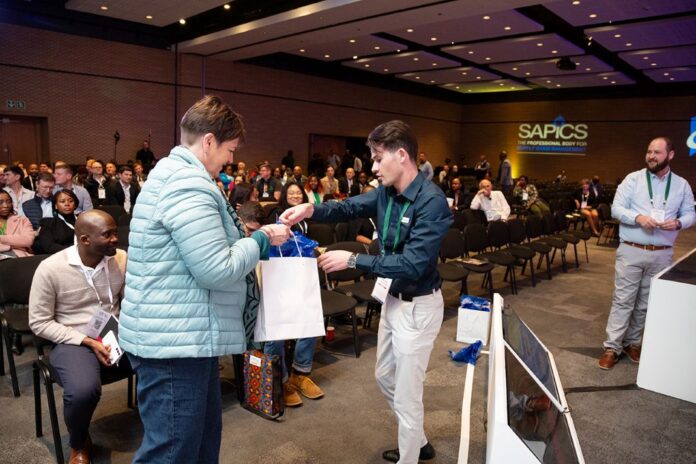
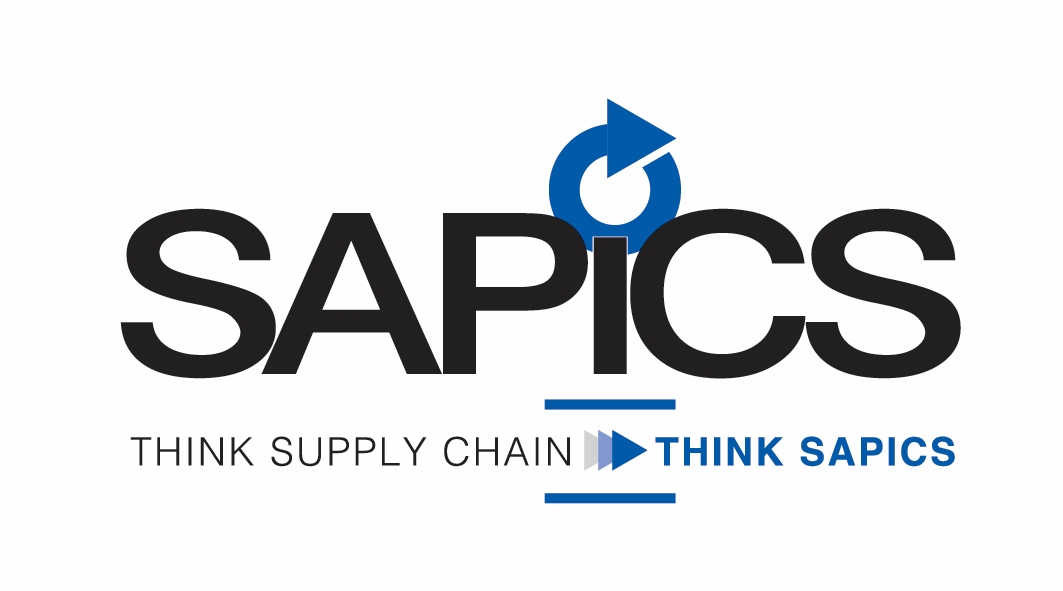




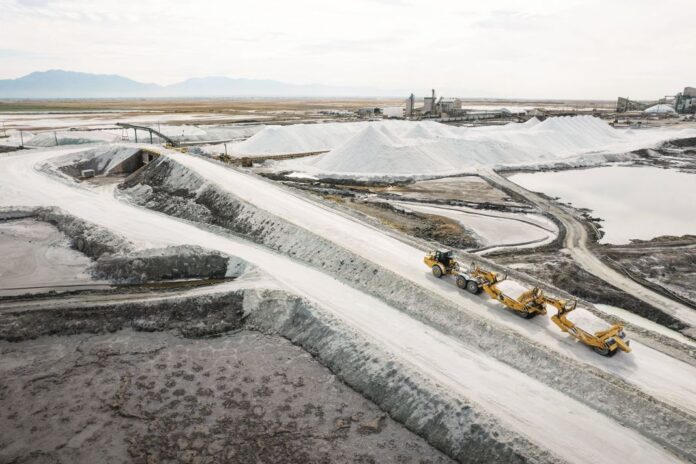
 K-Tec
K-Tec
 Ukwazi
Ukwazi
